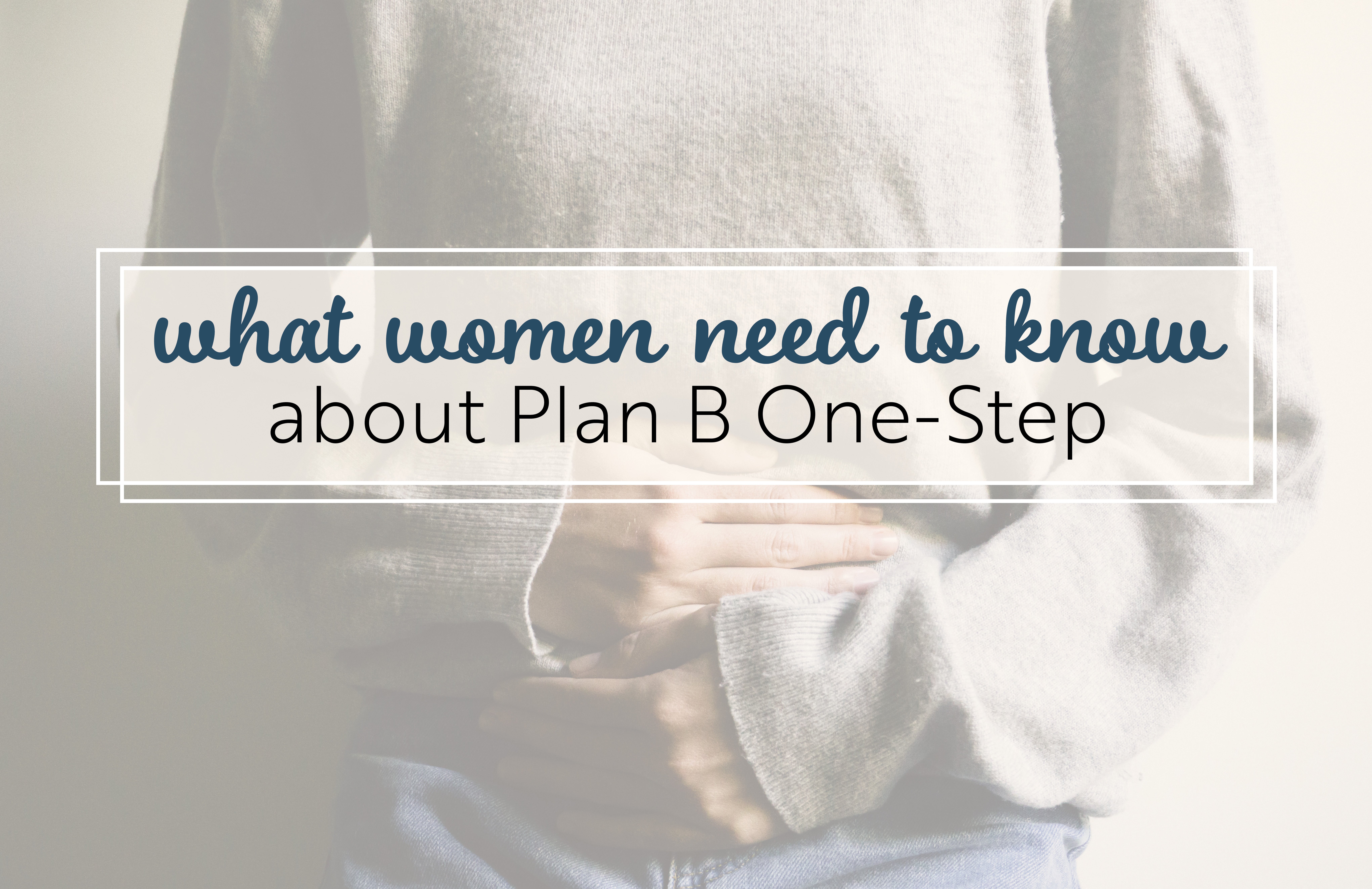This post is a guest blog by Dr. Donna Harrison, CEO of the American Association of Pro-Life Obstetricians and Gynecologists (AAPLOG). Read to the bottom of the article for Dr. Harrison's full bio.
In December 2022, the U.S. Food and Drug Administration (FDA) announced a change to the label of the emergency contraceptive drug Plan B One-Step. Specifically, it removed the warning that Plan B One-Step, which primarily aims to prevent ovulation, may also cause embryonic deaths by altering the endometrium to prevent implantation.
This change was enabled by semantic gymnastics. To make the claim that Plan B does not end a pregnancy, the FDA used the ACOG-altered definition of "conception", which is completion of implantation. Under this definition, "pregnancy" begins when the embryo completes implantation in the uterus. This means that any embryonic death that Plan B One-Step might cause prior to implantation would not be technically classified as an abortion. Because of the use of this deceptive language, the more scientifically accurate term is "embryocidal" which means it kills embryos by preventing the embryo from implanting.
Also, the FDA claims that their decision was based on a lack of evidence for Plan B One-Step's abortifacient potential. That is why they focus on Plan B One-Step taken after ovulation. However, the FDA does not comment at all about what happens when a woman takes Plan B One-Step BEFORE ovulation. Taken BEFORE ovulation, Plan B One-Step may prevent ovulation, but it can also affect how a woman's body makes progesterone, and thus whether or not an embryo can survive to complete implantation.
This post offers an overview of what you should understand in order to educate your patients about Plan B.
An Overview of the Menstrual Cycle
Before explaining how Plan B One-Step specifically interferes with a woman's menstrual cycle, let's first quickly review what happens during an intervention-free cycle. During a cycle, several hormones work in harmony to create an optimal environment in the reproductive system to facilitate the creation and nurturing of a new life. Interfering with the levels and timing of these hormones may cause the environment in the uterus to be less conducive to survival of a human embryo – her preborn child.
Here's what happens. The follicle-stimulating hormone (FSH) and the luteinizing hormone (LH), released by the pituitary gland in the woman's brain, direct the levels of estrogen and progesterone in her ovaries and precisely-timed points in the cycle. Rising levels of FSH bring forth the maturation of the ovarian follicle from which an egg will be released. And rising levels of LH prepare the egg for release.
When LH levels surge and peak (usually on approximately days 11-13 of a cycle), the follicle ruptures and the egg releases. This is what's known as ovulation. Over the next couple of days, LH turns the cells of the newly-ruptured follicle into luteal cells, which produce progesterone, the hormone that thickens the lining of the uterus (endometrium) and allows for the implantation and continued growth of an embryo. If sperm present in the fallopian tube at the time of ovulation unite with an egg and a new human being is conceived, this embryo travels down the fallopian tube, enters the uterus and implants in the uterine lining (endometrium).
How Plan B One-Step Works
Plan B One-Step, a high-dose progestin, alters the process described above. But its exact effects on a woman's reproduction depends on where in her cycle she is when she takes the drug. If taken 4 to 2 days before her LH levels surge, Plan B One-Step can delay or prevent ovulation and thus also prevent fertilization. But the closer she is to ovulation, the less effective Plan B is in preventing ovulation.
If Plan B is taken just before or during her LH surge, egg release cannot be reliably prevented: What this means is that her LH surge will be stunted, so that if ovulation does occur, her ovary may not produce enough progesterone to create the receptive uterine lining that's necessary to support the embryo. This means that Plan B taken immediately before ovulation can inhibit the ability of a newly-formed embryo to implant in the uterus, thus leading to that embryo's death. Remember, the medical community defines the onset of "pregnancy" to be once an embryo implants in the uterus, hence the "no pregnancy" result in the study.
Why Medical Professionals Are Concerned
It is this second mechanism of action that concerns pro-life researchers and medical professionals.
If fertilization does occur then a new human being is formed. But Plan B One-Step can interfere enough with progesterone production so that the necessary conditions for that embryo’s survival do not happen. This is how Plan B taken just before egg release can cause the death of a human embryo. This is an embryocidal effect.
This concern is not merely theoretical. Many studies have demonstrated that Plan B taken before the surge of LH can allow for ovulation, but prevent recognized pregnancies at the end of the cycle. (Novikova, Noe, Mickolajczyk, Peck, Durand).
The FDA only focused on part of how Plan B One-Step impacts a woman’s reproductive cycle and ability to become pregnant: if taken days before ovulation, fertilization may be prevented, but less so as Plan B is taken closer to ovulation. FDA correctly states that Plan B cannot detach an implanted embryo. However, FDA ignores the clear evidence that Plan B One-Step taken immediately BEFORE ovulation can prevent embryo survival for embryos conceived that cycle by interfering with implantation. The FDA label change to Plan B One-Step wholly neglects to include this critical effect and deprives women of the information needed to make an informed choice.
Women Deserve Informed Consent
Respecting women's right to making fully informed decisions about their bodies and reproductive health requires ensuring they are aware of all evidence-based assessments of the risks and potential side effects of drugs. By removing relevant medical information from the Plan B One-Step label, the FDA has shirked its duty to offer women complete and accurate information.
For women who understand the scientific fact that a unique human life – the life of their child – is created at fertilization, it’s extremely relevant to know that Plan B One-Step may cause the death of that child.
Our patients need to be equipped with the full truth about Plan B One-Step so they may make a fully informed decision.

Dr. Donna Harrison is a physician, board-certified in obstetrics and gynecology and serves as CEO of the American Association of Pro-Life Obstetricians and Gynecologists, AAPLOG. AAPLOG is the largest non-sectarian pro-life physician organization in the world, with over 7,000 members across the U.S., and international members on every continent. Dr. Harrison has authored numerous peer-reviewed papers including the embryocidal potential of hormonal contraception and is the Associate Editor of the medical journal Issues in Law and Medicine. She is an Adjunct Professor at Trinity International University in Deerfield, IL, teaching post-graduate seminars at the Center for BioEthics and Human Dignity. Dr. Harrison is married to Dr. Mark Harrison M.D. and is the mother of five children and 12 grandchildren.





